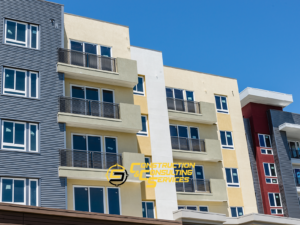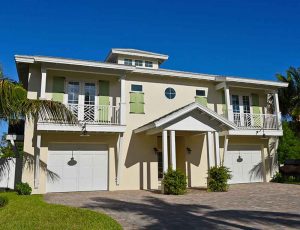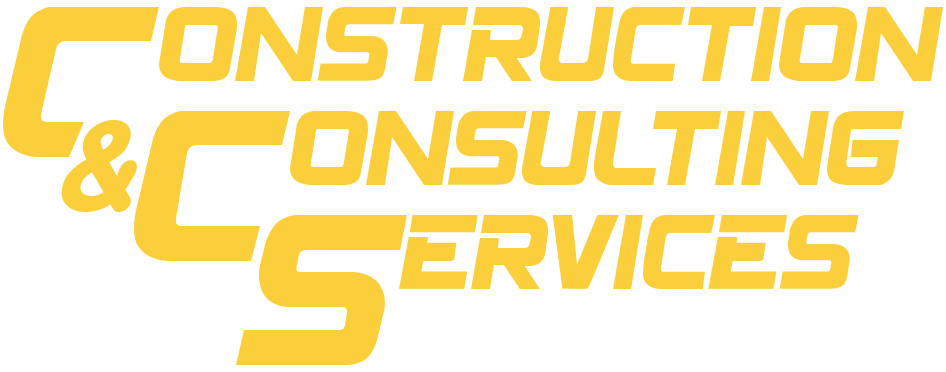What California’s SB 326 Means? Avoid Costly Penalties
California’s Senate Bill 326 (SB 326) has become a critical piece of legislation for homeowners’ associations (HOAs) and condominium owners throughout the state. Designed to enhance the safety of multi-family residential buildings, this law introduces new inspection requirements that every property owner needs to understand. Failing to comply with SB 326 could result in significant financial penalties and legal liabilities. In this blog post, we’ll break down what SB 326 means, what you need to do to comply, and how to avoid costly penalties.
If you would like to perform a repair to your balcony after the inspection, call CCS Inc at (323) 405-8909 or schedule free phone call.
 Understanding SB 326: A Safety-First Approach
Understanding SB 326: A Safety-First Approach
SB 326 was enacted in 2019 in response to a series of tragic structural failures in California, most notably the 2015 Berkeley balcony collapse that resulted in multiple fatalities. The primary goal of SB 326 is to ensure the safety of elevated exterior elements in multi-family residential buildings, such as balconies, decks, walkways, and stairways.
These structures are particularly vulnerable to wear and tear due to their exposure to the elements. Over time, wood and wood-based materials, which are commonly used in these structures, can degrade, leading to potentially dangerous situations. SB 326 mandates regular inspections to catch and address these issues before they lead to accidents.
Key Provisions of SB 326
Here’s what you need to know about the key provisions of SB 326:
- Mandatory Inspections:
SB 326 requires periodic inspections of elevated exterior elements in multi-family residential buildings. These inspections are intended to assess the structural integrity of these components and identify any potential safety hazards. - Inspection Deadlines:
The first round of inspections must be completed by January 1, 2026. After this initial inspection, subsequent inspections are required every nine years. This timeline is crucial, and property owners must plan accordingly to meet these deadlines. - Qualified Inspectors:
Only licensed structural engineers or architects can perform these inspections. This ensures that the assessments are carried out by professionals with the necessary expertise to identify potential issues accurately. - Reporting and Repairs:
After an inspection, a detailed report must be provided to the HOA board. If any structural deficiencies or safety hazards are identified, the HOA is responsible for addressing these issues promptly. Failure to act on the findings can lead to severe legal consequences. - Legal and Financial Implications:
Non-compliance with SB 326 can result in significant penalties, including potential liability for any damages or injuries caused by a structural failure. This makes it essential for property owners to take these inspection requirements seriously.
How SB 326 Affects Property Owners
SB 326 introduces new responsibilities for property owners and HOAs. Here’s how it could impact you:
- Increased Financial Responsibility:
The costs associated with these mandatory inspections can be significant. Property owners and HOAs may need to raise fees or levy special assessments to cover these expenses. Additionally, if repairs are required, these costs could further strain budgets. - Impact on Property Values:
Complying with SB 326 can positively impact property values by ensuring that buildings are safe and well-maintained. Conversely, properties that neglect these requirements may see their values decline and may become less attractive to potential buyers. - Enhanced Safety for Residents:
The primary benefit of SB 326 is improved safety for residents. Regular inspections help identify and mitigate risks, ensuring that buildings are safe for occupancy and reducing the likelihood of accidents. - Compliance Obligations:
Property owners, particularly those on HOA boards, must ensure that inspections are completed within the required timeframe. This includes selecting qualified inspectors, reviewing reports, and taking action on any identified issues. - Potential Legal Risks:
Failing to comply with SB 326 can expose property owners and HOAs to legal action, especially if a structural failure results in injuries or fatalities. Understanding and adhering to the law is essential to mitigate these risks.
 Steps to Avoid Costly Penalties
Steps to Avoid Costly Penalties
To avoid the financial and legal penalties associated with non-compliance, property owners should take the following steps:
- Schedule Inspections Early:
Don’t wait until the last minute to schedule your inspections. Given the January 1, 2025 deadline for the initial inspections, it’s wise to start the process as early as possible to avoid a last-minute rush. - Budget for Costs:
Anticipate the costs associated with inspections and potential repairs. This may involve adjusting HOA fees or setting aside funds in advance to cover these expenses. - Choose Qualified Professionals:
Ensure that the inspections are carried out by licensed structural engineers or architects. Their expertise is crucial in identifying issues that may not be immediately apparent. - Review Inspection Reports Carefully:
Once the inspection is complete, review the report thoroughly. Make sure you understand any issues that have been identified and work with the HOA board to address them promptly. - Stay Informed:
Keep up to date with any changes or updates to SB 326. Being informed will help you stay compliant and avoid any surprises that could lead to penalties.
Conclusion
SB 326 is a significant piece of legislation that aims to improve the safety of multi-family residential buildings in California. While it introduces new responsibilities for property owners and HOAs, understanding and complying with the law can help you avoid costly penalties and ensure the safety of your property and its residents. By taking proactive steps to meet the requirements of SB 326, you can protect both your investment and your community.
If you have done the balcony inspection and would like to continue to the repair, we are offering free quote at (323) 405-8909 or schedule free phone call.



